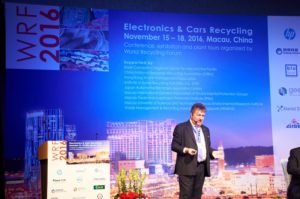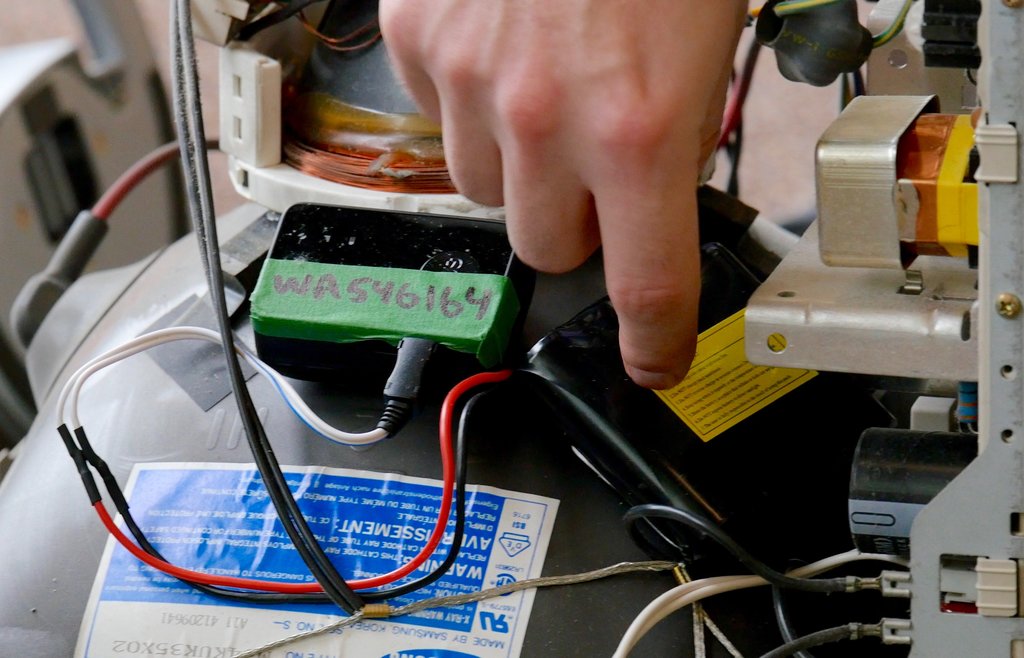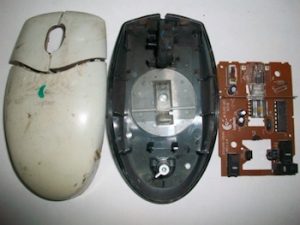 The world’s two largest smartphone brands, Samsung and Apple, shipped fewer devices in 2016 than one year earlier. Continue Reading
The world’s two largest smartphone brands, Samsung and Apple, shipped fewer devices in 2016 than one year earlier. Continue Reading

 The world’s two largest smartphone brands, Samsung and Apple, shipped fewer devices in 2016 than one year earlier. Continue Reading
The world’s two largest smartphone brands, Samsung and Apple, shipped fewer devices in 2016 than one year earlier. Continue Reading
 A recent decision by the Chinese government to more intensely inspect imported shipments of e-scrap and other recovered materials is here to stay, according to one international trade expert.
A recent decision by the Chinese government to more intensely inspect imported shipments of e-scrap and other recovered materials is here to stay, according to one international trade expert.
 An e-scrap startup reflects on its first half-decade, and a Filipino writer cautions lawmakers to adopt e-scrap legislation in the interest of public health.
An e-scrap startup reflects on its first half-decade, and a Filipino writer cautions lawmakers to adopt e-scrap legislation in the interest of public health.

Nigel Mattravers
Legislation and technologies have led to more formalized e-scrap processing in China and Hong Kong, experts meeting in Macau said recently. But key challenges remain, particularly in China’s new electronics take-back program.
 An electronics reuse and recycling company CEO has been sentenced to 15 months in federal prison for his role in an effort to copy, import and sell counterfeit Microsoft software.
An electronics reuse and recycling company CEO has been sentenced to 15 months in federal prison for his role in an effort to copy, import and sell counterfeit Microsoft software.
 The Basel Action Network has released a follow-up report to its e-scrap tracking study, detailing which firms handled material that was ultimately exported.
The Basel Action Network has released a follow-up report to its e-scrap tracking study, detailing which firms handled material that was ultimately exported.
 A company gets the backing of HP to begin collecting outdated computers in Malaysia, and a South African startup gets creative with parts from old devices.
A company gets the backing of HP to begin collecting outdated computers in Malaysia, and a South African startup gets creative with parts from old devices.
 If melting items can help combine different materials, exposing them to ultra-low temperatures can keep them apart. That’s the idea behind a new technique for separating different materials in shredded e-scrap.
If melting items can help combine different materials, exposing them to ultra-low temperatures can keep them apart. That’s the idea behind a new technique for separating different materials in shredded e-scrap.
The world’s only remaining glass-to-glass recycling outlet for CRTs has idled its panel and funnel furnaces in Bharuch, India for “heavy maintenance” and stopped taking CRT glass from its U.S. partner, Cali Resources, E-Scrap News has learned.
Last week’s Electronics Recycling Asia Conference in Singapore touched on the circular economy, industry certifications and the diverse systems in place to recover e-scrap in Southeast Asia.
